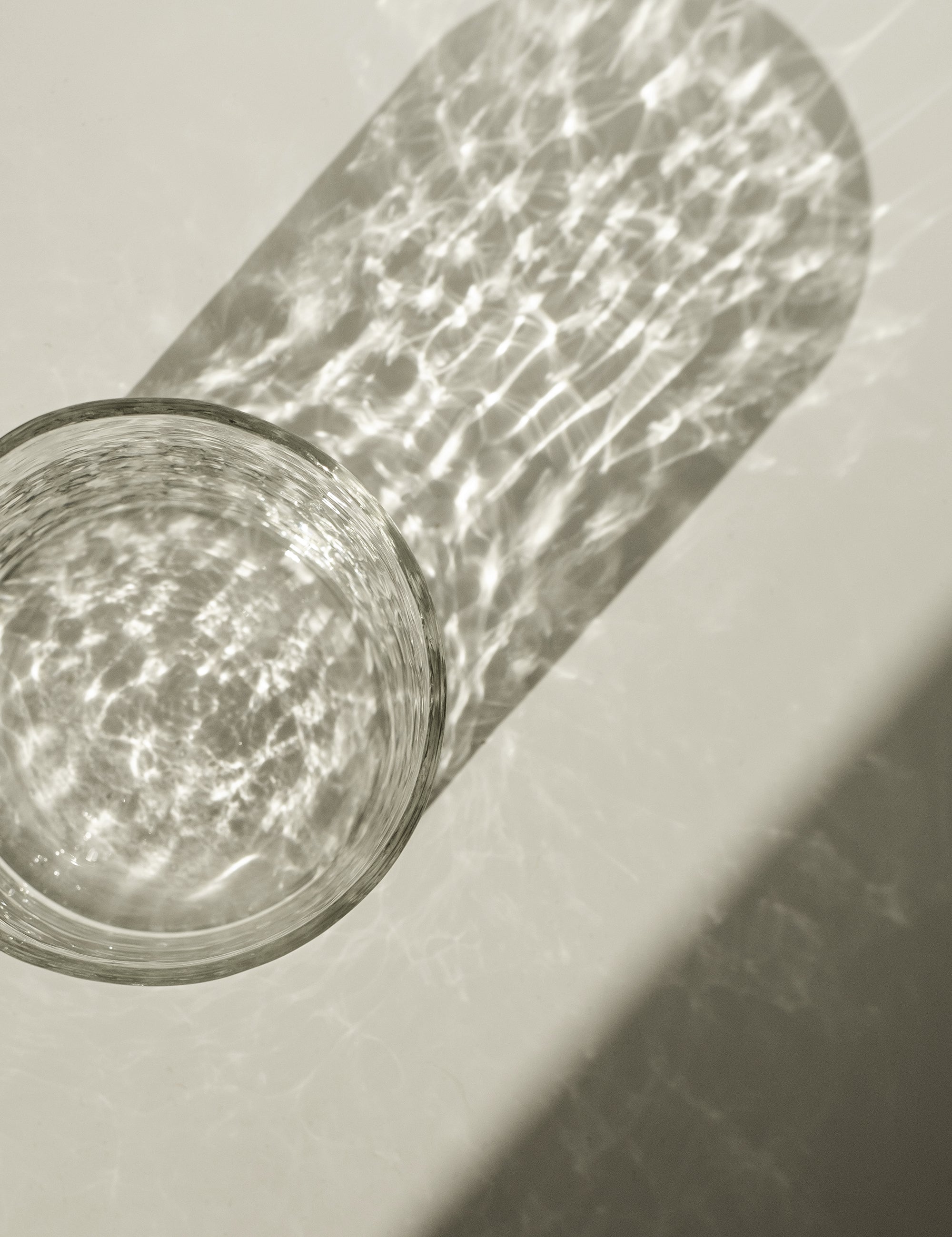The Vital Role of Drinking Water: Tips for Optimal Hydration

Why is water so important?
Transport of nutrients and oxygen: Water helps transport vital nutrients and oxygen to the cells.
Detoxification: It supports kidney function by helping in the excretion of waste products through urine.
Digestion: Water facilitates the digestive process and prevents constipation.
Temperature regulation: Sweating and the evaporation of water from the skin help regulate body temperature.
Joint lubrication: Water acts as a lubricant for joints and protects the tissue.
How much water should you drink?
The general recommendation is to drink about 2 to 3 liters of water daily, although individual needs depend on factors such as age, gender, climate, physical activity and health status.
Tips and tricks to drink enough
Start your day with a glass of water: This will help rehydrate your body after a night's rest.
Use a hydration app: There are numerous apps that remind you to drink regularly and log your daily water intake.
Always carry a water bottle with you: A reusable water bottle makes it easier to drink water throughout the day, no matter where you are.
Set drinking goals: Divide your daily needs into smaller goals, e.g. a glass of water every hour.
Spice up your water: If you have trouble drinking plain water, try adding flavor with fruits, cucumbers or herbs.
Pay attention to your body's signals: thirst is a late sign of dehydration. Drink regularly before you get thirsty.
Use meals and snacks as reminders: Drink a glass of water with every meal and snack.
The effects of dehydration
Lack of water intake can lead to dehydration, which causes symptoms such as fatigue, headaches, dry skin and dark urine. Long-term dehydration can lead to more serious health problems, including kidney stones and urinary tract infections.

